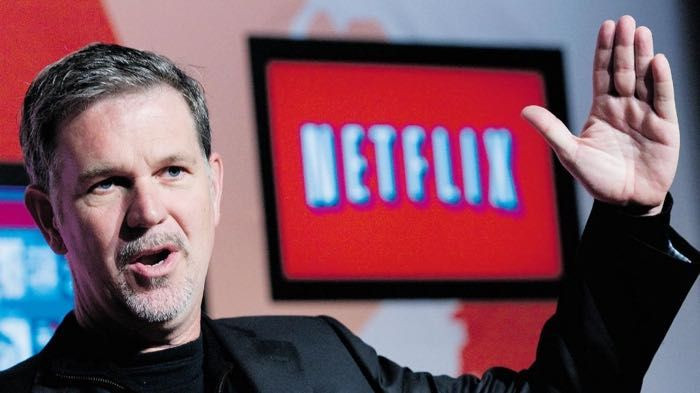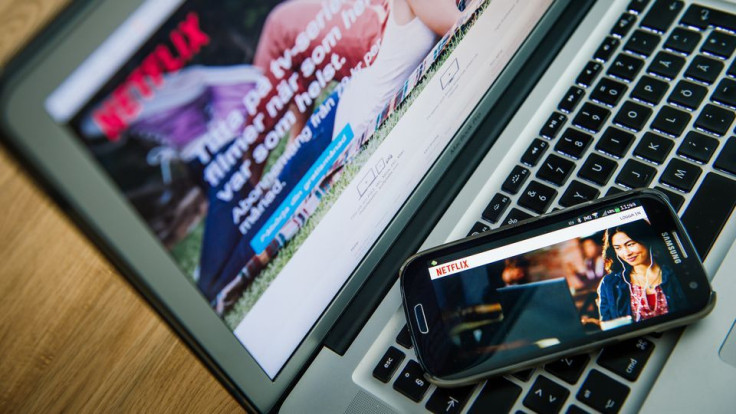Sharing Netflix passwords is now a federal crime, but should you be worried? Find out how the new court ruling will actually affect you.
If you’re like me and a million other Americans, chances are you’ve committed a federal crime -- without even knowing it.
Due to a court ruling last week, it is now illegal to share your Netflix password. That’s right. For all you well-meaning kiddos out there letting your mammas mooch off your Netflix accounts, apparently, you’re in violation of a federal law.
According to the July 5th ruling, “sharing passwords without the authorization of the system’s owner is a crime that can be prosecuted.”
Despite how worrisome that situation might sound, it’s not likely you’ll run into any ramifications from giving your broke-ass brother your Netflix login info. The case, which preceded the ruling, dealt with a group of ex-employees of executive search firm, Korn Ferry. The former employees were secretly setting up their own competing firm. In order to give themselves a start-up boost, the former employees “borrowed” login credentials from a friend still working at Korn Ferry to access specific source lists.
It’s pretty clear why the courts would see this as prosecutable behavior, and in this instance the ruling certainly makes sense. And while technically, giving your Aunt Judy your Netflix password without Netflix’s express consent is now illegal, it is unlikely Netflix gives a shit. In fact, in his CES 2016 keynote , CEO Reed Hastings actually called consumers sharing Netflix account information something positive.

“We love people sharing Netflix whether they’re two people on a couch or 10 people on a couch,” Hastings said. “That’s a positive thing, not a negative thing.”
But Netflix isn’t the only streaming media provider who sees password sharing as positive. In an interview with Buzzfeed , HBO CEO Richard Plepler stated similar feelings about account password sharing.
“To us, it’s a terrific marketing vehicle for the next generation of viewers, and to us, it is actually not material at all to business growth … it presents the brand to more and more people and gives them an opportunity hopefully to become addicted to it … we’re in the business of building addicts [and] … the way we do that is by exposing our product, our brand, our shows, to more and more people.”
In addition, companies like Netflix and HBO have put screen limitations in place for their streaming services that definitely help to keep excessive sharing in check. Netflix allows streaming on two to four devices at once depending on your subscription plan. Meanwhile, HBO doesn’t give a set number of devices that can stream content at once. Instead, they offer this explanation of screen limitations:
“Your HBO subscription applies to your household. The username and password that you sign in with should not be shared with anyone outside of your household. If you share your login information, you might not be able to watch videos because too many people are using your profile at the same time ... members of your household can sign in to HBO GO on different devices, but the number of simultaneous streams is limited for security reasons.”


















